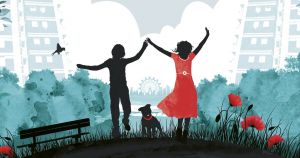
Review: How to Fly with Broken Wings by Jane Elson
The book ultimately provides a single-faceted understanding of autism and many of the painful interactions with Willem’s teacher and peers would likely hit too close to home for autistic students.

The book ultimately provides a single-faceted understanding of autism and many of the painful interactions with Willem’s teacher and peers would likely hit too close to home for autistic students.

Venkatraman creates a fully-formed character, and nails both the details and the emotion of having a limb amputated and adjusting to life afterwards.
In terms of disabled characters, what would our contributors like to see more of in children’s literature?
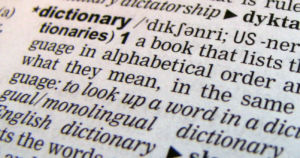
To help authors make informed decisions about what language to use, we talk about disability terminology–from outdated words and cringe-worthy phrases to straight-up ableist slurs, and everything in between.
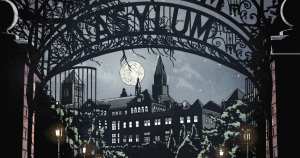
When we see institutions in YA, we usually see them in one of two contexts: a “sane” person wrongly incarcerated in one, or a spooky (often old, sometimes abandoned but haunted by ghosts) asylum filled with “crazy people.”

My name is Philip and I write to communicate. Authors who write about us should first learn from us; in their stories, they should present us as whole characters with interests and personalities.

The world does its best to remove our autism from the mainstream narrative of life, hiding either it or us whenever possible. In the world of fiction, we often see these same attempts.
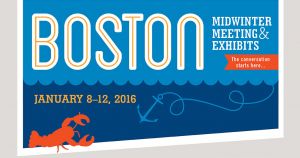
It’s time for #alamw16: all the information on ARCs, signings, and awards related to disability representation.
Disability in Kidlit will be undergoing some changes; a different posting schedule, update on submissions, and social media news.
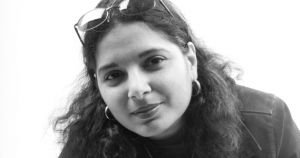
When characters with disabilities are portrayed as inspirational or overcoming obstacles just for living their daily lives, it sends a message that a life with a disability is a burden. What message does that send to young people?